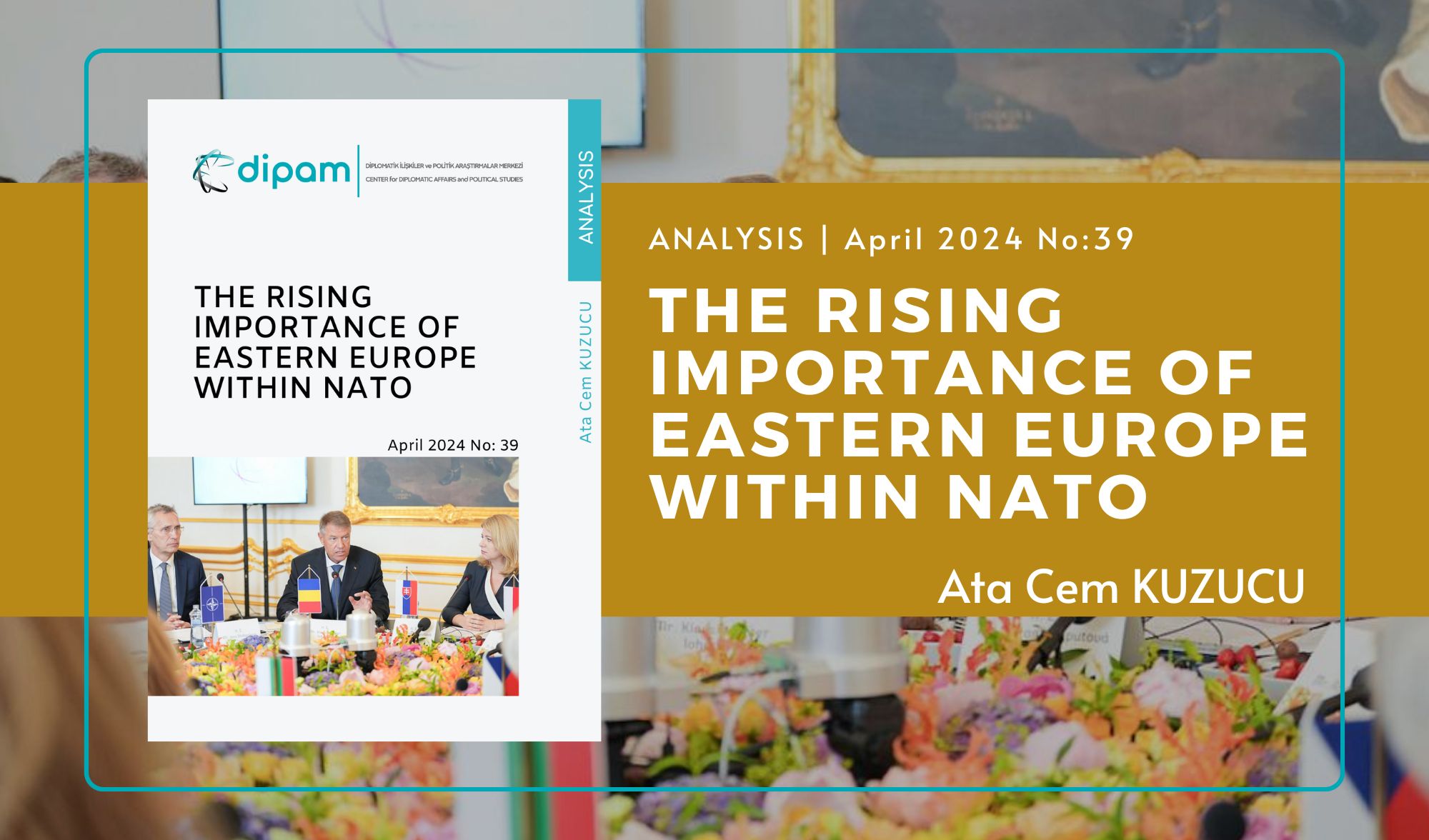The next leg of the NATO Summits, where Heads of State and Government of the member countries of the North Atlantic Treaty Organization (NATO) meet regularly to evaluate the Alliance’s activities and give them strategic direction, will be held in Washington DC, the capital of the United States. The Summit, which will take place on July 9-11, 2024, will be the scene of the 75th anniversary celebration of NATO, which was established with its signature in Washington DC on April 4, 1949, in the city where its foundations were laid. In addition, the Summit will focus on the Alliance’s response to increasing global threats to peace and democracies. Major issues that occupy the international community, such as the ongoing Russia-Ukraine war, the Israel-Palestine war, which is increasingly threatening to spread to the Middle East geography, and Iran’s active involvement in the conflicts, will be on the agenda of the Summit.
However, apart from all these important topics, the topic that makes the Summit perhaps the most important NATO Summit of recent years is the issue of finding a successor for former Norwegian Prime Minister Secretary General Jens Stoltenberg, who has been in this position for ten years. For now, Dutch Prime Minister Mark Rutte and Romanian President Klaus Iohannis, supported by NATO heavyweights such as the United States, United Kingdom, France, and Germany, appear as the two candidates who have officially applied for the vacant post of general secretary. Mark Rutte, the longest-serving Prime Minister of his country, the Netherlands, and known as “Teflon Mark” for his ability to emerge from political scandals with his reputation intact, is currently seen as the favorite in the race. However, when we remember what Sweden experienced on its way to Brussels because of the attitude of Turkey and Hungary, the outcome of the race remains uncertain within the framework of the general secretary’s need for the unanimity of the member states. As a matter of fact, as expected, Hungarian Foreign Minister Péter Szijjárto, referring to Mark Rutte, said, “We absolutely cannot support the election of a person who previously wanted to bring Hungary to its knees as NATO secretary general.” His statement was a declaration of the obvious.
Based on this, it is now time to ask a question that has been overlooked or deliberately ignored: “Isn’t it time for an Eastern European name to become the Secretary General of NATO?” The Russia-Ukraine war, which has been going on since 2022, has already made the Eastern wing of NATO, whose importance has increased because of rising defense expenditures and various discourses over the years, one of the dominant regions in European politics. As a natural consequence of this situation, the emergence of the next secretary general from this region will have many benefits for NATO. That’s why looking at these returns has been the main subject of this study. The study will discuss that Eastern Europe now constitutes the new center of gravity of NATO, through Estonia, Latvia, Lithuania, Poland, Slovakia, Hungary, Romania, and Bulgaria, which are considered as the Eastern wing of NATO. While doing this, the developing importance of the NATO Secretary General’s seat and why it is important for the new secretary general to come from these countries will be touched upon.
…




